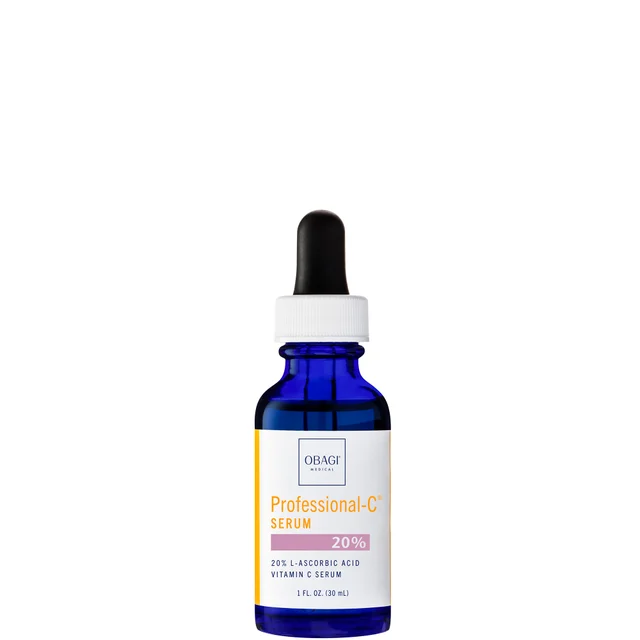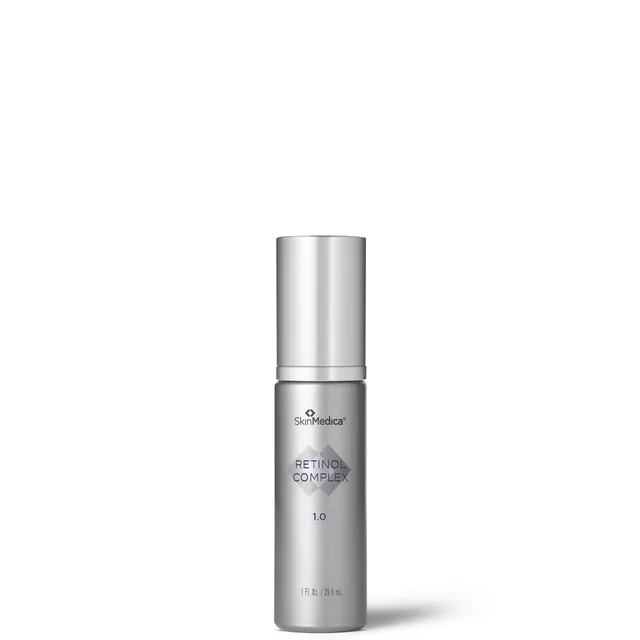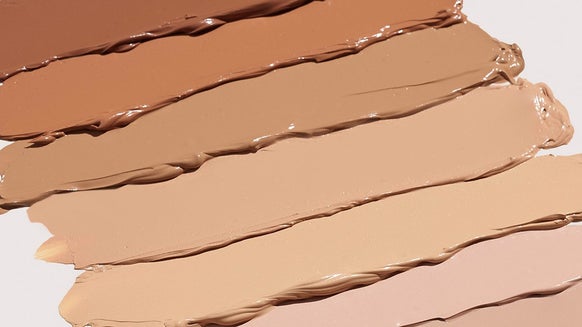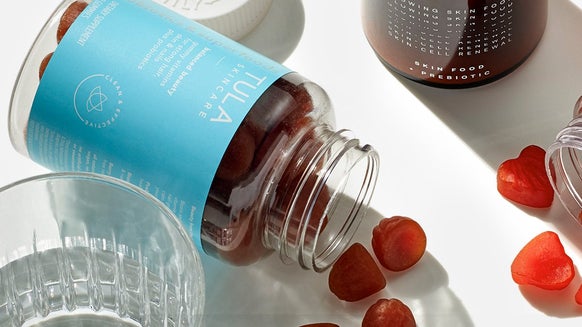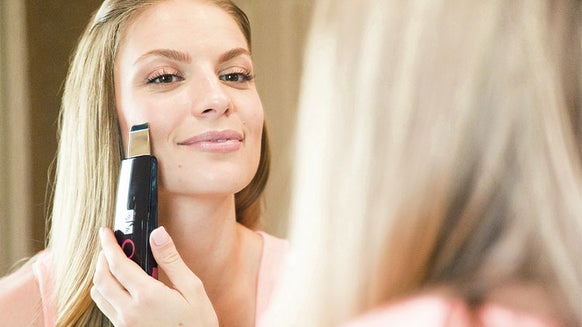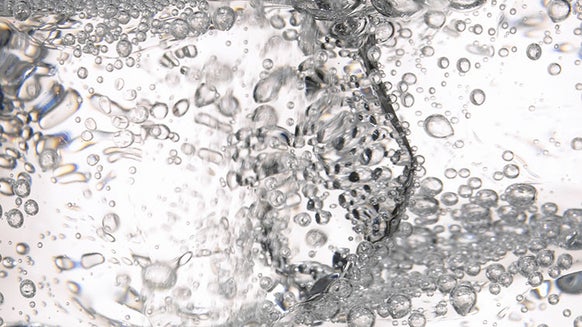How Vitamins Can Improve Scars and Blemishes
In a way, scars are little trophies that illustrate your body's resilience; whether they result from acne, surgery, an injury or otherwise, fibrous scar tissue shows the world that you have the capacity to heal. If you find your scars or blemishes a little unsightly, though, you have options—apart from costly chemical peels, dermabrasion or collagen injections—for minimizing their appearance and accelerating the fading process. Though they're not the star player, vitamins may play a role in your scar-fading skin care routine.
The Vitamin E Question
Age-old home remedies and skin care products have touted vitamin E's scar- and blemish-fading ability for decades, but the jury is still out in terms of its effectiveness. Numerous studies have found that topical vitamin E application does not fade scars, though some tests have shown that it does prevent extra scar tissue from forming over the wound and that ingesting the vitamin—which you can do by upping your intake of leafy greens, seeds and nuts—may bolster the healing process by encouraging red blood cell formation.
Tretinoin Treatment
In the case of sun spots, also known as liver spots, the prescription vitamin A cream called tretinoin reduces their appearance. Applied as a topical cream, tretinoin, lightens hyperpigmentation of the skin and can promote collagen production. Vitamin A and its derivatives other than tretinoin show up in all sorts of non-prescription, off-the-shelf beauty products, such as gels, emollient creams and collagen-boosting serums.
Exploring More Vitamins
Because vitamin C has antioxidant properties, meaning it wards off skin-damaging free radicals, it may help lesion that come from sunlight-induced photodamage and assist the body in healing wounds. Likewise, its anti-inflammatory properties might even out skin tone. Although vitamin D is thought to serve as an anti-inflammatory agent, it unfortunately doesn't have any more of an effect on the healing and appearance of scars than a placebo.
What Works
The key to minimizing the appearance of scars lies in providing a clean and well-moisturized environment for healing, especially within the first few months. Silicone gel and silicone-gel sheets help trap moisture, as does plain petroleum ointment; even basic oil-based moisturizers keep healing skin hydrated (yes, even vitamin E oil—though it's likely the oil that's doing the heavy lifting). Vaseline ointment (petroleum) is the best thing to use to on new wounds to minimize scarring. As an even simpler remedy, wearing sunscreen regularly reduces scar pigmentation. Otherwise, time—typically about six months to two years—is a powerful and all-natural remedy for healing and fading.
This article has been reviewed by board-certified dermatologist Dr. Emmy Graber.

From the latest hair and makeup trends to the best solutions for your skin issues, we've got all your beauty concerns covered!
